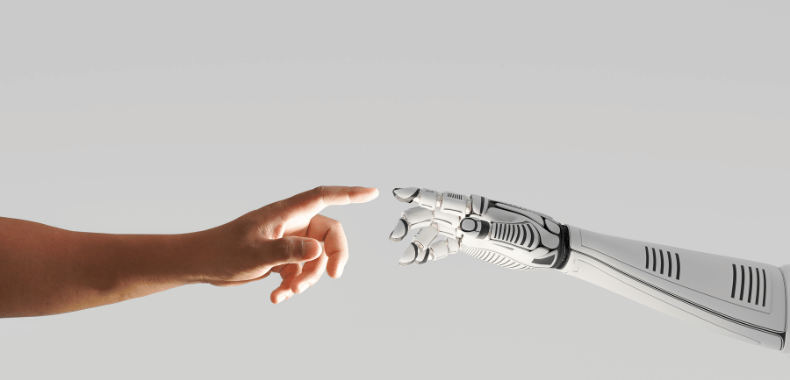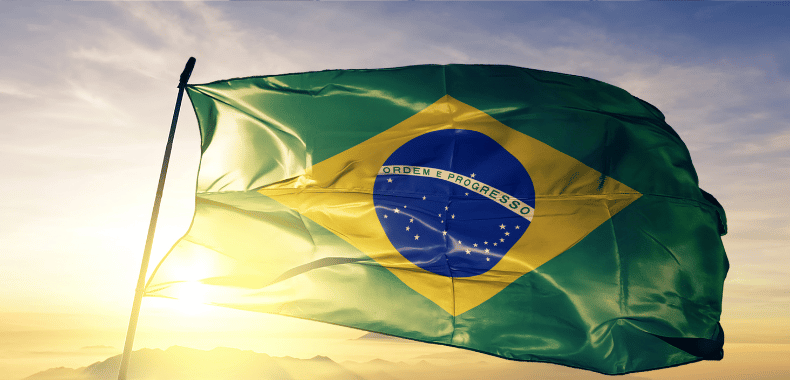This is a question that still doesn’t have a definitive answer, since most laws and regulations around the world still don’t have a precise definition of who owns the intellectual property rights arising from works generated by artificial intelligence.
In the United States, some lawsuits have been filed against Open-IA companies, in which artists, authors and writers claim copyright over works created by artificial intelligence. These professionals claim that their work, books and essays are being used to “teach” artificial intelligence, and they are concerned about the dilution of their work. On the other side, the big AI companies are apprehensive about potential copyright violations through the use of generative AI.
Generative AI operates through a method known as deep learning, a subset of machine learning, where algorithms called neural networks are trained to recognize patterns in data. These neural networks are fed vast amounts of data to analyze and learn from it.
A few legal precedents are likely to influence the ongoing AI copyright debates and create solutions to this impasse in relation to the work that are used as “inspiration” and “learning” by AI.

One possibility might be the choice for artists, authors and creators to opt out of being used to train generative AI. If the AI company agrees, the material used to train AI could subsequently be removed from the training set. So far two big AI companies – Hugging Face and Stability AI – have agreed to follow the wishes of the creators.
Another option might be a compensation system for artists, authors and creators.
However, this is still a recent discussion, with no definitive solution to yet another of the intriguing questions raised by AI.
—
Author: Camila Cardeira Pinhas Pio Soares, Cesar Peduti Filho, Peduti Advogados.


